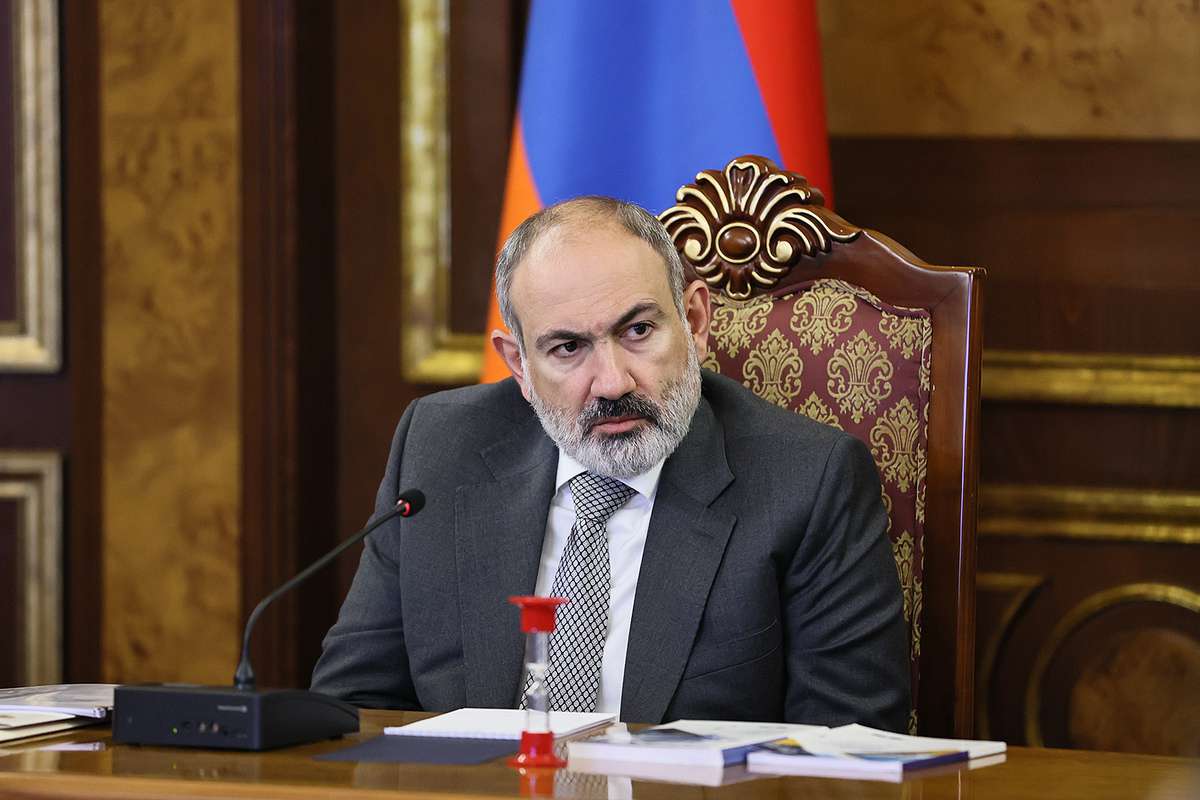Under the leadership of Prime Minister Nikol Pashinyan, the 2023 activity report of the Office of the Representative of the Prime Minister's Office for International Legal Affairs was discussed.
The head of the office, Yeghishe Kirakosyan, reported on the comparative analysis of the complaints communicated by the ECHR to the Government of the Republic of Armenia and the work done, as well as the comparative analysis of the complaints communicated under the articles of the European Convention on Human Rights in 2022-2023. Details were also presented regarding the procedure for forming the position of the RA government in connection with the communicated complaint.
In connection with the implementation of judgments and decisions, it was noted that general and individual measures aimed at the implementation of ECHR judgments/decisions were implemented, cooperation was developed with domestic interested bodies to solve the recorded problems, information was presented to the Committee of Ministers of the Council of Ministers, awareness raising about ECHR judgments/decisions was carried out. Work aimed at raising. It was noted that within the framework of violations recorded by the ECtHR judgments controlled by the Committee of Ministers of the CE, there are cases controlled by a strict procedure and cases controlled by a standard procedure.
It was reported to the Prime Minister that during the reporting period, the first bulletin of ECtHR case law was published, which includes summaries of the most critical cases of ECtHR 2018-2020. The second bulletin on ECtHR case law was also printed. According to the report, the research and preparation work on the third manual is in progress, which will be dedicated to the reopenings based on the judgment or decision of the ECHR at the domestic level and their practical features.
In the framework of legislation improvement and international cooperation, the office provided legal positions on 73 legal act drafts and presented relevant recommendations; 4 legal act drafts were developed, which were adopted according to the established procedure, and five courses were organized and implemented (CE, EU, UN).
There was an exchange of ideas about individual points of the report, and observations and recommendations were presented about the office's work and what needs to be done in the future.
Nikol Pashinyan inquired whether there is a mechanism by which, as a result of the ECHR's decisions and judgments, similar problems are excluded in RA in the future. In response, Yeghishe Kirakosyan noted that the format of the interdepartmental commission is the best mechanism.
Deputy Prime Minister Mher Grigoryan, in turn, added, "All competent bodies are participating, including the judicial system with chambers, and we are discussing the scenarios for eliminating the reasons one by one regarding trial dates. As a result of the last session, a large protocol was drawn up regarding the actions to be taken to eliminate the reasons."
Nikol Pashinyan also spoke about the fact that, in the long run, the judgments of the ECHR are also an indicator of how the reforms are progressing and being implemented. According to the Prime Minister, the issue should be looked at from this point of view. Nikol Pashinyan noted that the presumption is not that there is no judgment of the ECtHR; no one deals with these issues, but on the other hand, it is a view from another place, which, according to Nikol Pashinyan, can be helpful in practical work in the sense that it is partially addressed. According to the Prime Minister, one way or another, every judgment has its content; that is, there may be issues that will be addressed, and there may be issues that will not be addressed.
The Prime Minister noted that the government of the Republic of Armenia should understand what it is being accused of, why it is being accused, and what it should do to avoid such accusations. This is especially true since the ECtHR is a structure that obviously enjoys absolute authority both in Armenia and in Europe in general. It is also a resource for implementing the RA government's reforms.
Nikol Pashinyan added that when it was decided that such an office should be created among the Prime Minister's staff, one of its justifications was that this office should be in the center so that signals would go from here to equal departments and institutes. According to the Prime Minister, this logic has been established, and this logic should not only be strengthened constantly but also put into automatic mode. Nikol Pashinyan emphasized that intensive work should be done in that direction.




















